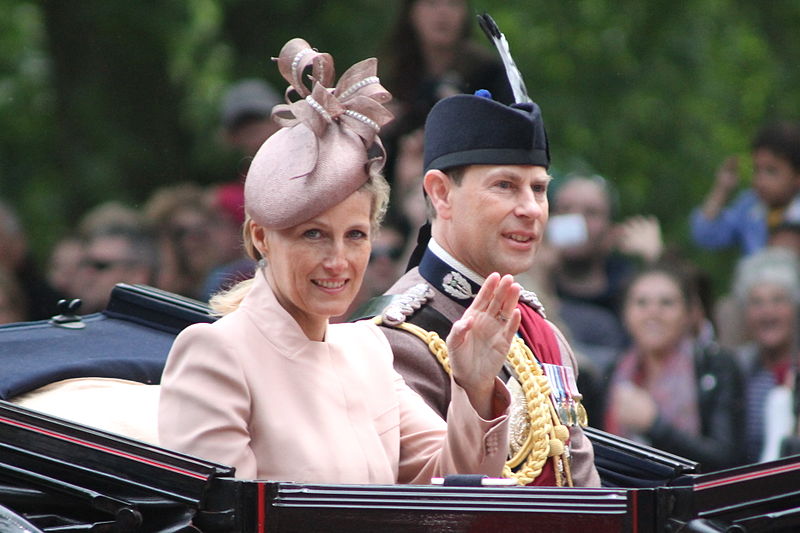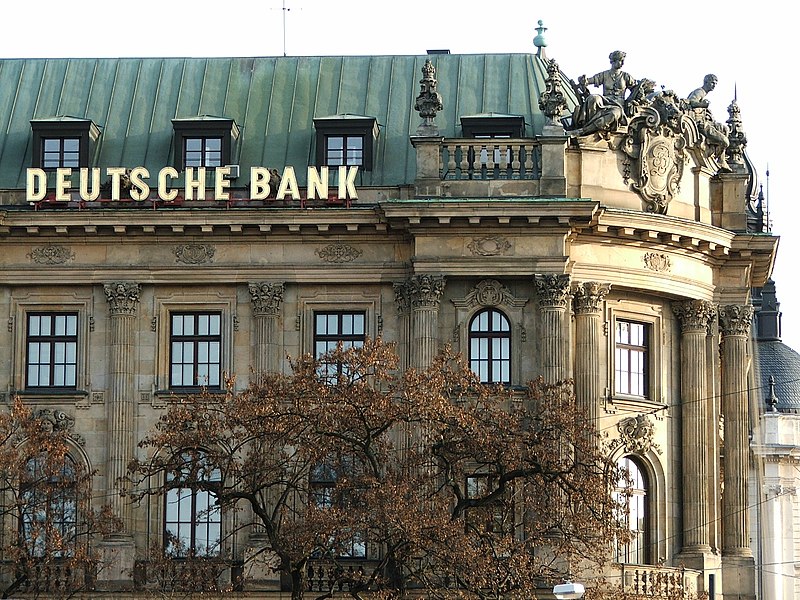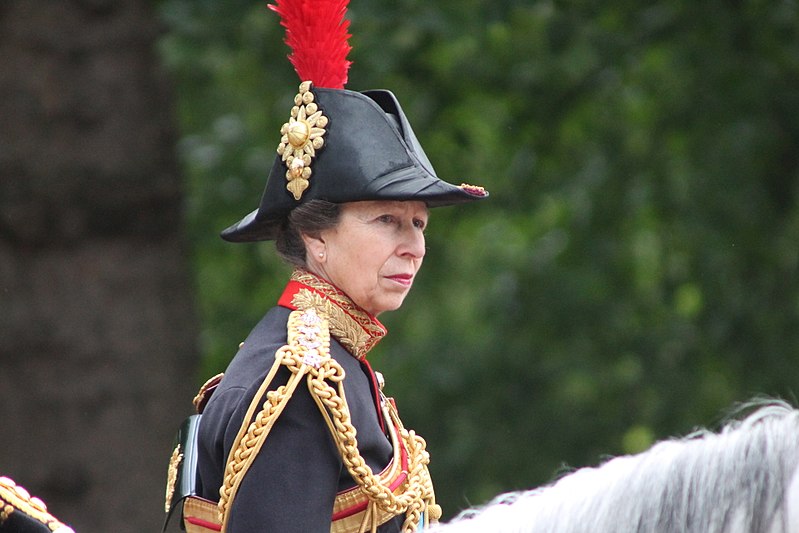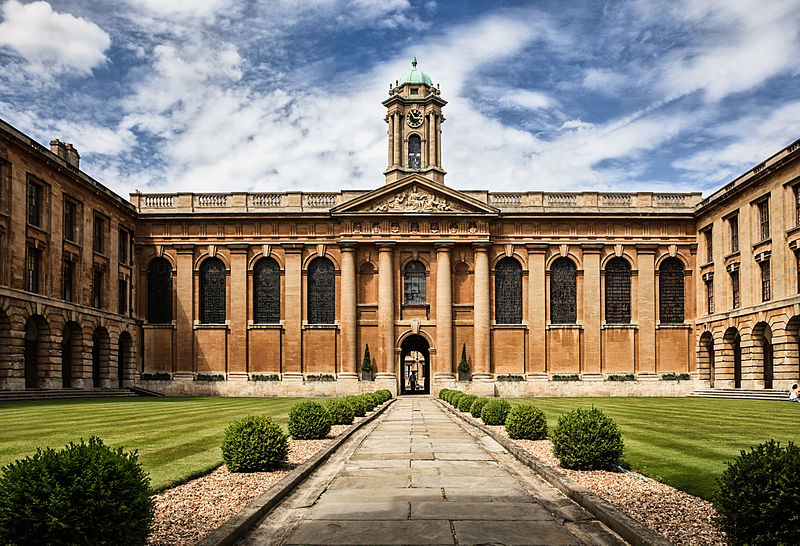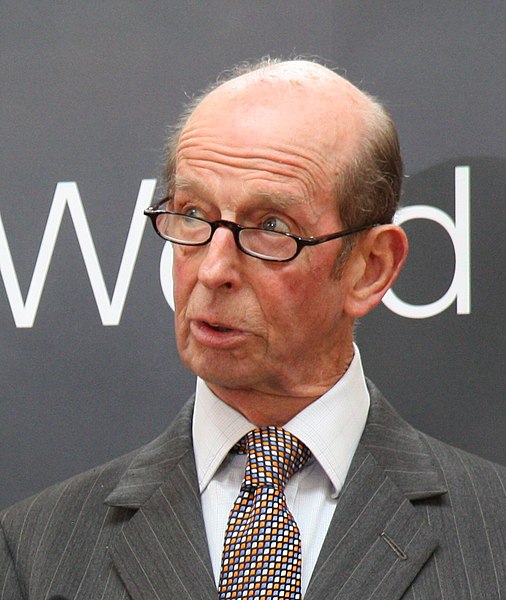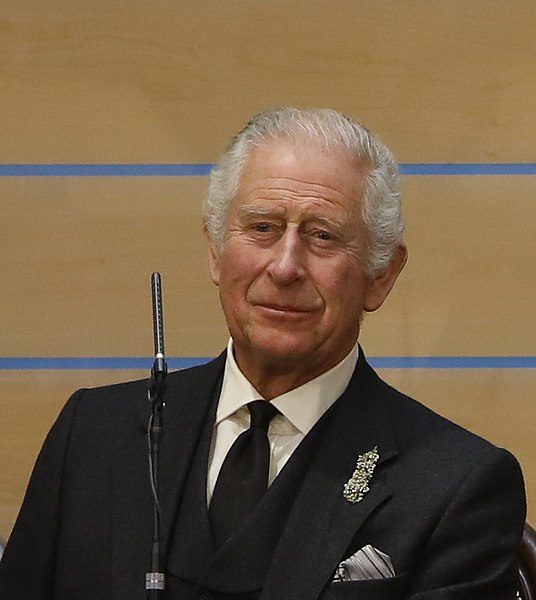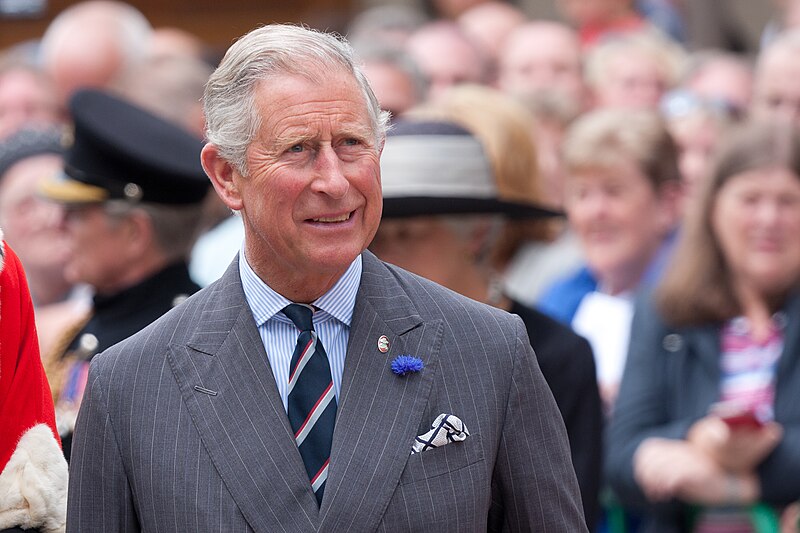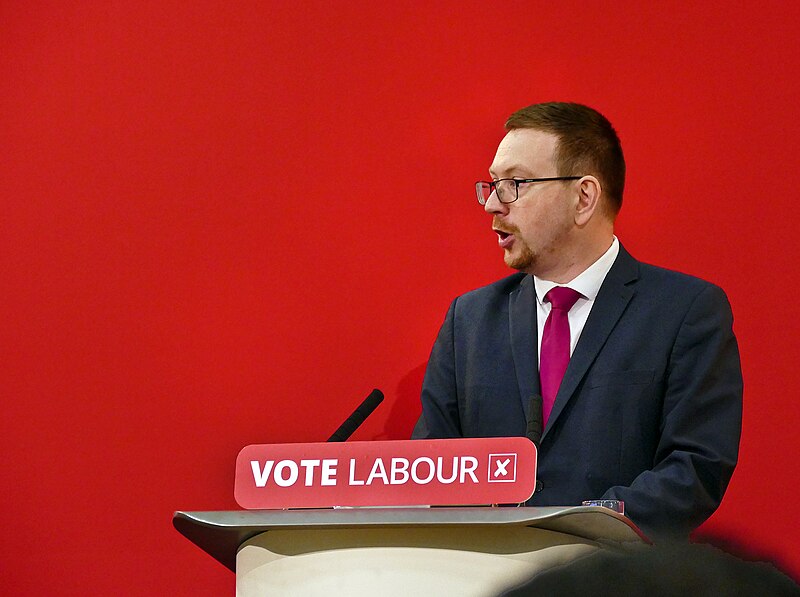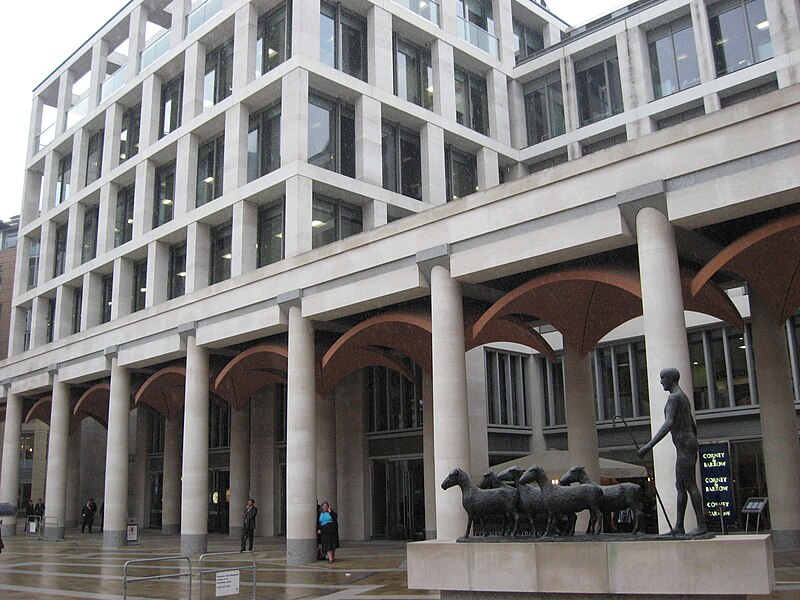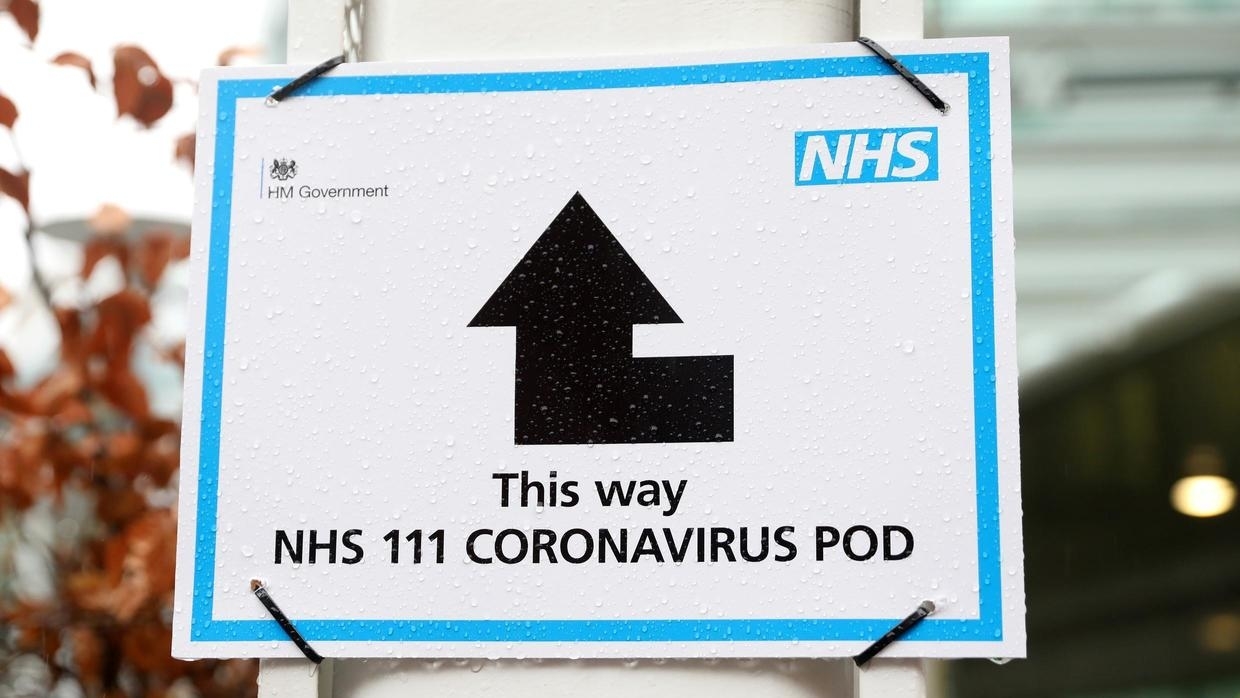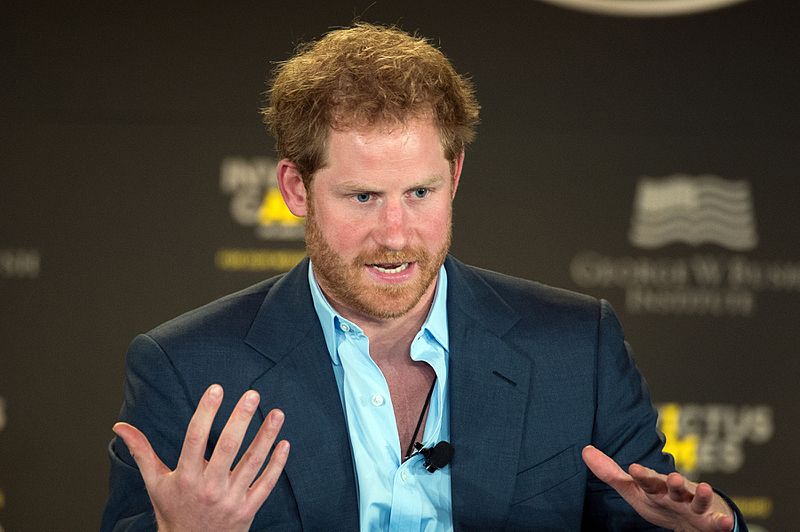
Government borrowing in September turned out to be lower than the predictions of most economists.
Borrowing, which represents the gap between expenditures and tax revenue, amounted to £14.3 billion last month, as reported by the Office for National Statistics (ONS). This figure was £1.6 billion less than the same period in the previous year but marked the sixth-highest borrowing for the month of September since monthly records were initiated in 1993.
Economists had anticipated that borrowing would reach £18.3 billion last month.
Government debt has risen to nearly £2.6 trillion, a figure more than 2% higher than the previous year.
Chancellor Jeremy Hunt noted, "We had to resort to borrowing during the pandemic to safeguard lives and livelihoods, but since then, Putin's invasion has driven up inflation and interest rates. Consequently, we spent twice as much on debt interest last year compared to the previous year."
He emphasized that such a situation is "clearly not sustainable."
In a statement last week, Mr. Hunt estimated that higher interest rates would cost the UK an additional £20 billion to £30 billion annually. He has virtually ruled out immediate tax cuts, emphasizing the need to prioritize combating inflation.
Nonetheless, he is facing pressure from some Conservative Members of Parliament to announce tax reduction plans before the upcoming general election, which is set to occur at the latest in January 2025.
Earlier this week, the Institute for Fiscal Studies highlighted that the UK economy is trapped in a "challenging fiscal situation," with limited room to cut taxes or increase public spending, despite growing political pressure on Mr. Hunt to do so.
Mr. Hunt reiterated on Friday that the UK must "reduce debt and minimize inefficiencies in the public sector so that those delivering public services can return to their core tasks: educating our children, ensuring our safety, and providing healthcare."
Since the Conservative Party assumed power in 2010, local government funding has faced significant reductions, education funding has been subjected to substantial real-term cuts, and there have been funding gaps in the National Health Service (NHS). Photo by PPP, Wikimedia commons.
